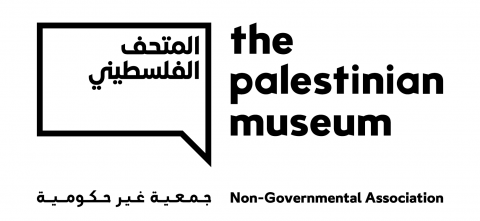Description
Conceived by the Institute for Palestine Studies as part of a joint project with the Palestinian Museum, The Interactive Encyclopedia of the Palestine Question traces the history of modern Palestine, from the end of the Ottoman era to the present.
Consisting in the description of various aspects of the Palestine Question that is simultaneously objective and committed, the Encyclopedia presents the Palestinians as they are—purposeful actors and not just victims.
Following years of preparation and several stages of implementation, the Encyclopedia is now a fully-bilingual platform geared towards academics, students, journalists, and the general public.
It currently consists of the following sections.
Start by exploring its backbone: a detailed Overall Chronology of the main events that shaped Palestinian history in the realms of war, diplomacy, culture, economy, and many other topics.
Some of these events form part of Thematic Chronologies, allowing you to access with a single click the milestones of the PLO’s history, the main United Nations resolutions, the different stages of Arab-Israeli wars and negotiations rounds, and many other crucial developments in Palestinian history.
For a deeper understanding of the main events and dimensions of the Palestine Question, discover an ever-growing number of Highlights written by leading academics and experts in the field.
Don’t forget to discover the Biographies of Palestinian intellectuals, artists, activists, combatants and politicians who have influenced the history of Palestine since the late nineteenth and early twentieth centuries.
Delve further into the painful legacy of the past by exploring hundreds of villages destroyed by Israel during the Nakba, which are now featured in a new section called Places.
And don’t leave the platform without having browsed the Documents section through hundreds of historical texts, photographs, maps and charts that exemplify the great diversity of Palestine, past and present.
The Encyclopedia will be continually upgraded and populated with additional content. To help us improve it further, we need your feedback and suggestions; write to us at [email protected].

